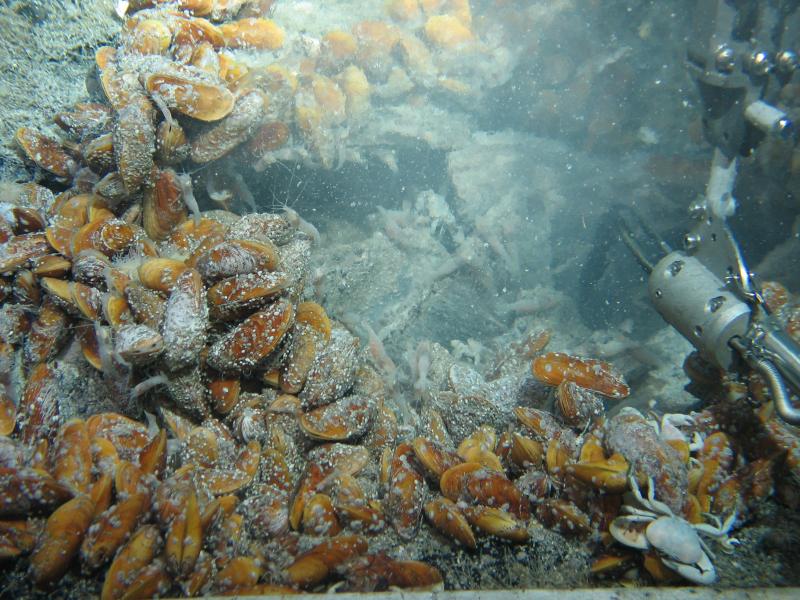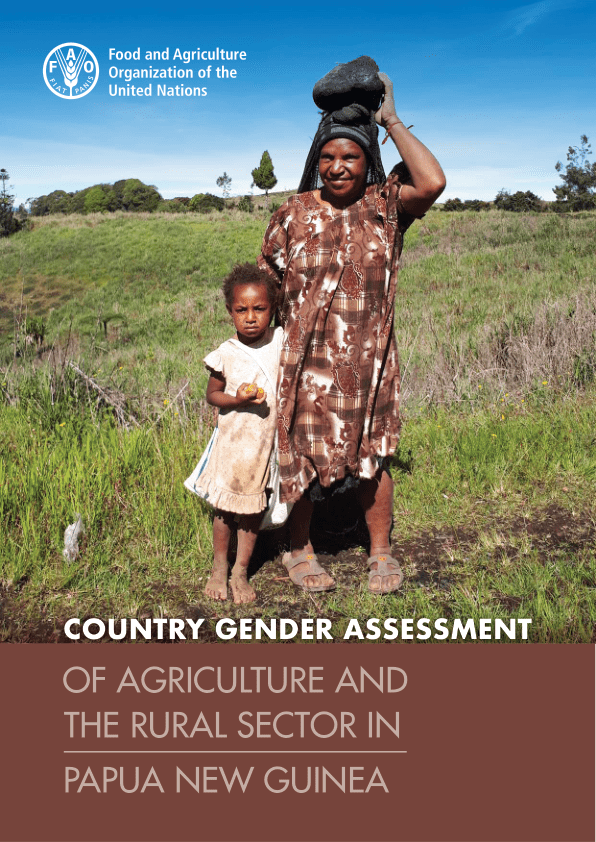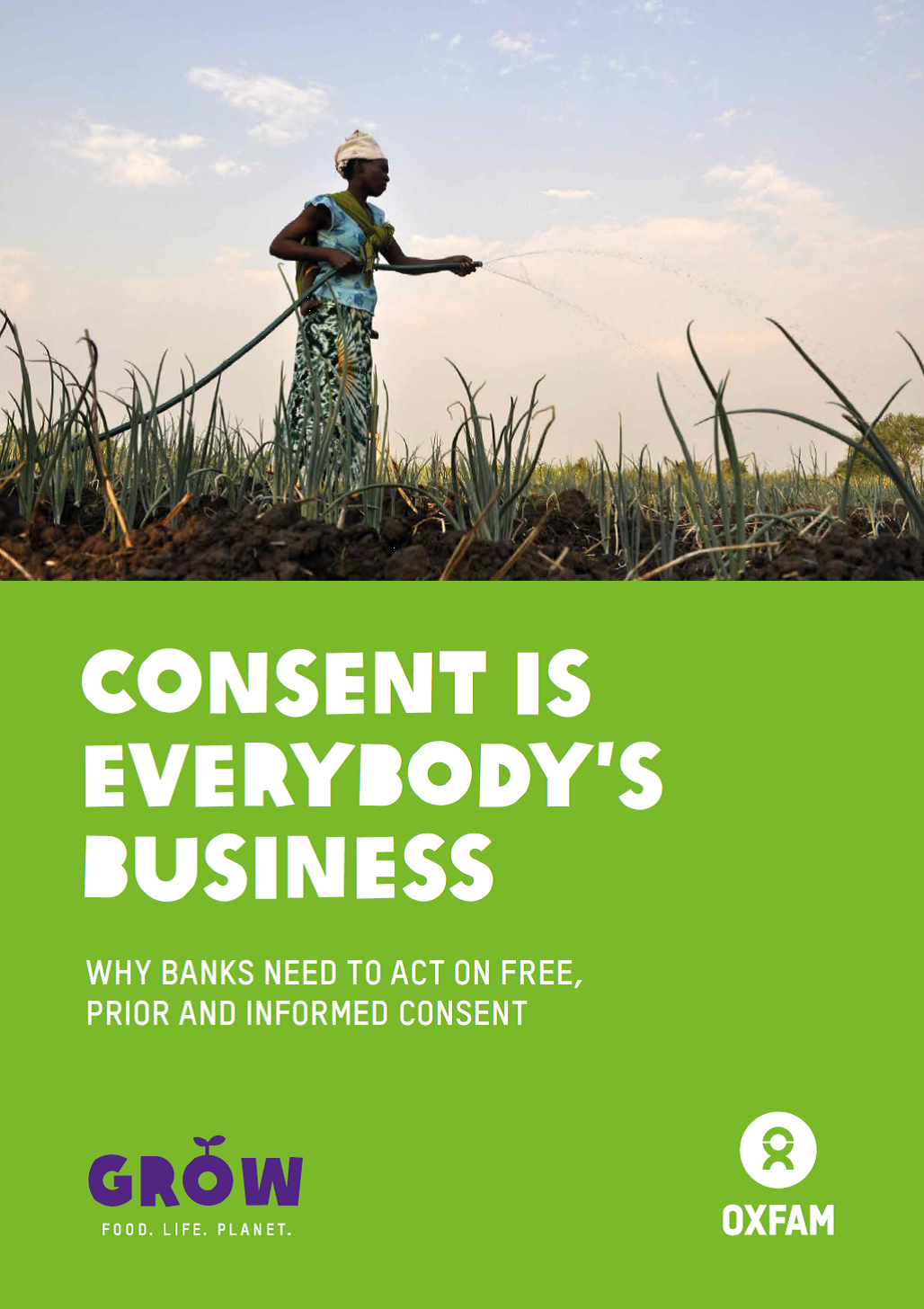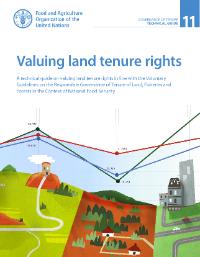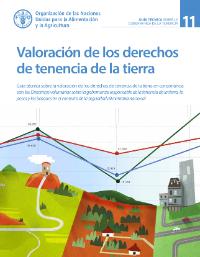The climate crisis is no longer projection, but reality. Forests play a key role in regulating the global climate and are critical to preventing runaway global heating. They are also a treasure trove of biological diversity, and home to many indigenous peoples and forest communities. Yet forests…
Customary land is increasingly recognised as an important governance issue in Papua New Guinea (PNG).
The aim of this paper is to identify challenges associated with land administration, land governance and land
dispute resolution in PNG as perceived by stakeholders; and to find…
In January this year, the managing director of Papua New Guinea’s Mineral Resources Authority <a href="https://www.thenational.com.pg/official-solwara-1-failed/">declared</a&…
Social and environmental safeguards are now commonplace in policies and procedures that apply to certain kinds of foreign investment in developing countries. Prominent amongst these is the principle of free, prior and informed consent (FPIC), which is commonly tied to policies and procedures…
There is a growing consensus in the international community about the impact of the transformative power of urbanization. The Agenda 2030 for Sustainable Development, containing the Sustainable Development Goals (SDGs), consolidates our vision of urbanization as a tool, and an engine, for…
Ex situ seed conservation of banana crop wild relatives (Musa spp. L.), is constrained by critical knowledge gaps in their storage and germination behaviour. Additionally, challenges in collecting seeds from wild populations impact the quality of seed collections. It is, therefore, crucial to…
Land degradation exacerbates the unique vulnerabilities of Small Island Developing States (SIDS) to environmental challenges, such as climate change, flash floods, soil erosion, lagoon siltation, coastal erosion and sea level rise, undermining their economic potential. Land Degradation…
In 2017, the Food and Agriculture Organization of the United Nations (FAO) in Papua New Guinea (PNG) commissioned a gender assessment of the agriculture and rural sector in Papua New Guinea. The assessment was carried out in consultation with the Women in Agriculture Development Unit (WiADU) of…
Climate change is shaped and understood through assumptions of causality and temporality that enable and constrain feasible approaches to environmental governance, approaches that may reproduce inequalities. Reducing Emissions from Deforestation and Forest Degradation (REDD+) provides an entry…
A community’s choice to give, or withhold, their free, prior and informed consent (FPIC) to a project or activity planned to take place on their land is a recognized right of Indigenous peoples under international law. It is also a best practice principle that applies to all communities affected…
The Food and Agriculture Organization of the United Nations (FAO) has developed a series of Technical Guides to elaborate and provide more detailed guidance on thematic areas contained within the Guidelines. As part of this series, this Technical Guide covers the issues associated with the…
El Estado y el sector privado requieren la valoración de los derechos de tenencia por una amplia gama de motivos, a menudo fundamentando y sentando las bases de las transacciones, la tributación, la compensación y la contabilidad. Si bien el valor y el proceso de valoración tienen repercusiones…

